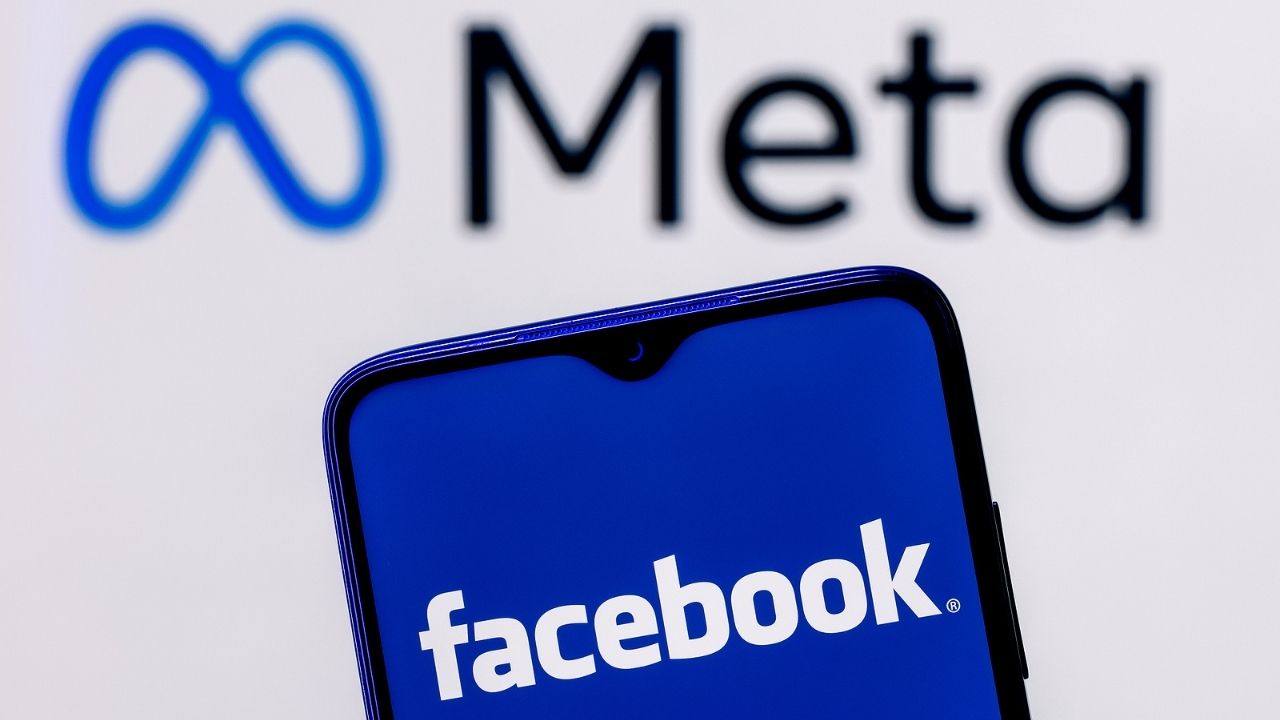Diversity has become one of the most valuable assets that a company can possess. Mckinsey research has found that companies that embrace diversity are more productive, efficient and give better returns to shareholders.
While diversity has long been apart of the workplace innovation conversation, now more than ever, the need for inclusive workplaces is vital for a successful business.
At the ‘Future of Work: Creating Inclusive Workplaces’ roundtable hosted by People Matters and Randstad, talent leaders from diverse companies discussed how diversity can make or break a company.
While diversity involves the inclusion of genders and generations, it also goes beyond that. Including people with diverse educational and work backgrounds can be just as valuable.
Additionally, as we prepare for the future of work, policies that support flexibility will be necessary.
“In an interesting experiment we tried in Japan, we went from being time-rigid to introducing flexible work hours. Superflex is what we called it,” said Paul Dupuis, CEO at Randstad India. “As a result most employees arrived on time and worked till late.”
Job redesign is also inevitable as technology continues to alter how certain tasks are completed. This means jobs that are no longer restricted to a specific role and job structures will keep on changing.
Open work cultures that offer approachable team leaders are also guaranteed to offer more diverse thoughts and feedback, allowing them to thrive.
Overall, creating a diverse workplace means more than meeting a quota — it requires an understanding of what the future of work entails such as machine and human collaboration, the gig economy and more.

 Dr. Gleb Tsipursky – The Office Whisperer
Dr. Gleb Tsipursky – The Office Whisperer Nirit Cohen – WorkFutures
Nirit Cohen – WorkFutures Angela Howard – Culture Expert
Angela Howard – Culture Expert Drew Jones – Design & Innovation
Drew Jones – Design & Innovation Jonathan Price – CRE & Flex Expert
Jonathan Price – CRE & Flex Expert










